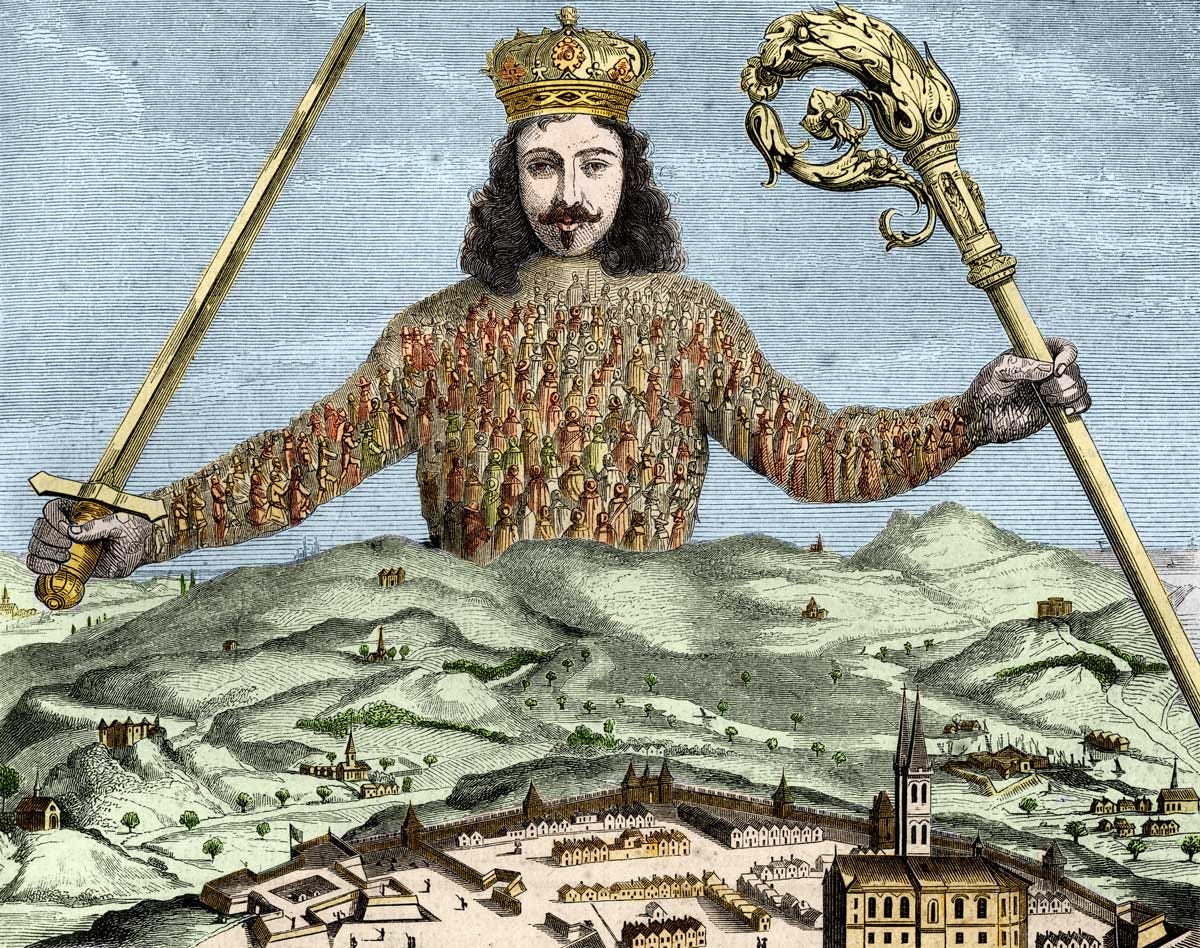The Myth of the Sovereign State Blinds Us To the Problem-Solving Power of Grassroots Organisations
Imagine if you happened upon a large playground full of children, and noticed one group of children, with an air of authority about them, walking up and down, ceremoniously inspecting the games that were afoot, commanding some games to be improved in specific ways, while shutting down others on grounds of justice or public order; rewarding some children with brownie points for their social contribution, while penalising others with black marks for their less than exemplary conduct.
Now, imagine if you asked the children in the playground why everything seemed to be humming along, how they were able to play with their friends without too much trouble, and they answered, “Because the Playground Supervisors are keeping order and constantly checking up on us. Without them, we would be lost.”
You would be justified in being a little sceptical about this answer, and wondering why your interlocutors failed to notice how different groups of children were perfectly capable of designing their own games in their own way, and solving a range of complex problems without the assistance of a special ruling class. You might even wonder if the narrative endorsing the necessity of tight control over the playground activities might have been peddled by the Playground Supervisors themselves to justify their supervisory powers.
In many Western societies, we find ourselves in a rather similar situation: a small army of government agents, acting in the name of “the people” and under the authority of the State, intervene on a regular basis in the activities of citizens, regulating the most intricate details of their lives, be it their professional tasks, the education of their children, health and safety standards in the workplace, fair employment practices, healthcare, pensions, the production and distribution of cultural artefacts, philanthropic activity, the regulation of industry and science, the management of public health, or the accreditation of educational institutions.
If you ask people why things seem to be humming along, and they are able to pursue their life projects in an orderly fashion, many will naturally respond, “Because the State is upholding law and order, and bringing some modicum of justice and stability to society. Without it, we would be lost.” This answer, or something like it, would come naturally to many people, because the most conspicuous and visible source of public order in the post-industrialized West is the State. It seems to tower above the social fabric as a unique and unrivalled benefactor of order and civility.[1]
Yet if one begins to scratch beneath the surface, one finds that social order is in fact governed by an extraordinarily diverse and wide-ranging array of institutions, norms, and governance structures, many of which are not creations of the State. Social order is generated by a rich array of interpersonal and intergroup cooperative schemes, whose complexity could not possibly be mastered, designed, or comprehensively regulated by any discrete individual or institution.[2]



